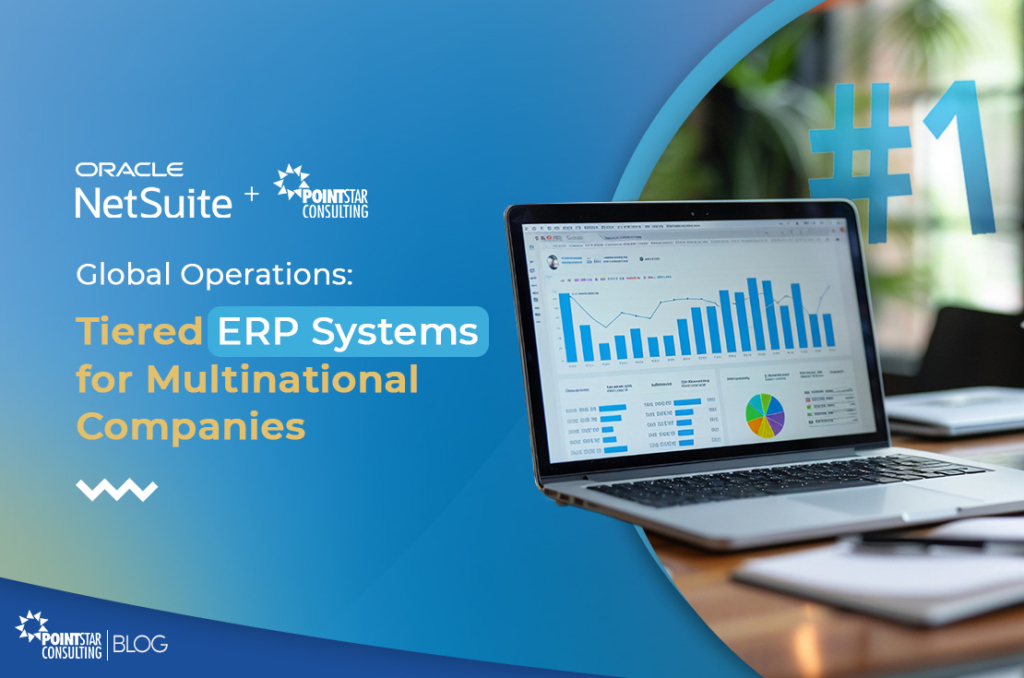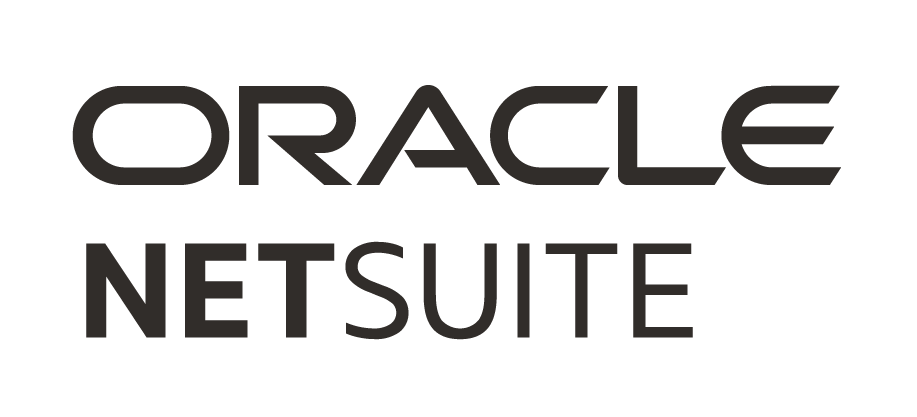Managing operations across multiple countries presents significant challenges for multinational companies (MNCs). These include varying regulatory requirements, cultural nuances, and logistical complexities. A tiered cloud ERP (enterprise resource planning) system offers an effective solution to address these issues. Allowing a blend of centralised and localised ERP implementations enables better governance, agility, and scalability for global operations.
This article will explore how multinational companies can benefit from a tiered ERP approach and how Oracle NetSuite excels as a top-tier ERP choice for global businesses.
What Is a Tiered ERP System?
In its traditional sense, the tiered system divides ERPs into two categories based on the size of an organisation, the complexity of its transactions, its yearly revenue, and the comprehensivity of the ERP solution required for the business.
A company with a presence in different parts of the world may have a legacy Tier 1 ERP system that it uses at the headquarters level for multi-company consolidation. This company can elect to implement a specific cloud ERP module, like NetSuite, that best addresses the needs of its subsidiaries. This Tier 2 cloud ERP module may address a variety of functions that are especially important for the company’s subsidiaries, such as finance, CRM, sales and marketing, and other functions.
Benefits of Tiered ERP Systems for Multinational Companies
Centralised Governance with Local Flexibility
A tiered ERP ensures global policies and reporting standards are maintained and allows local subsidiaries to comply with regional tax laws and cultural practices.
Cost Efficiency
Tiered ERP systems are often more cost-effective, as regional offices can adopt leaner, localised systems without requiring a full-scale Tier 1 ERP.
Faster Global Rollouts
Multinationals can implement ERP solutions in phases, prioritising regions or business units that require immediate attention.
Enhanced Visibility and Collaboration
A tiered structure allows corporate headquarters (HQ) to maintain visibility over subsidiary operations, enabling data-driven decisions and seamless collaboration.
Why NetSuite for Multinational Companies?
NetSuite is a cloud-based ERP system designed to meet the unique challenges of multinational companies. Here’s how it stands out:
Unified Global Operations
NetSuite supports over 27 languages, 190 currencies, and compliance with tax laws across 100+ countries, making it ideal for global businesses.
Scalable Architecture
NetSuite’s cloud-native infrastructure ensures businesses can scale quickly, adapting to new markets and increasing demands.
Real-Time Visibility
With NetSuite, you can gain real-time insights into financials, operations, and performance across global and local operations.
Built-In Localisation
Compliance with local regulations is simplified with NetSuite’s SuiteTax and localised features for key markets.
Global Intercompany Management
Leveraging NetSuite, you can automate intercompany transactions and consolidation, reducing errors and administrative overhead.
Centralised and Remote Access
As a cloud solution, it enables seamless remote access for global teams, ensuring continuity in hybrid and distributed work models.
In a Nutshell
Multinational companies face unique challenges that demand innovative solutions. A tiered ERP system perfectly balances centralised control and localised adaptability. With its unparalleled global capabilities, NetSuite is the ideal ERP platform to power multinational businesses towards efficiency, scalability, and growth.



